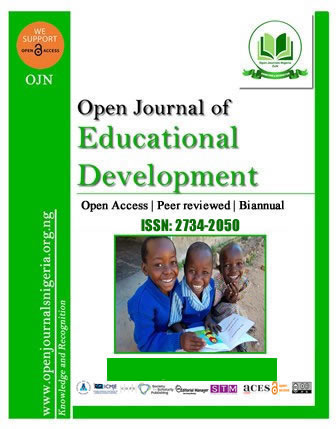PHYSICS BASED ALGORITHMS FOR FUZZY TRANSPORTATION PROBLEM
DOI:
https://doi.org/10.52417/ojed.v5i1.729Abstract
Transportation problems are computationally challenging due to their nondeterministic polynomial-time hard (NP-hard) nature, especially when uncertainties in costs, supply, and demand are involved. The fuzzy transportation problem addresses these uncertainties by representing them as fuzzy numbers, requiring robust methods for ranking and solving optimization models. Traditional exact methods become impractical for such problems, leading to the adoption of metaheuristic approaches. This study introduces three novel physics-based algorithms: one single-point-based and two population-based methods. These algorithms leverage principles from gravitational attraction, electromagnetism, and water flow dynamics, incorporating innovative neighborhood structures tailored to the fuzzy nature of transportation problems. The proposed methods were tested on diverse problem sizes and compared against established optimization techniques, such as genetic algorithms and commercial software, using Python implementations. An experimental design methodology was employed to optimize parameter tuning, enhancing computational efficiency and reducing experimentation time. Results demonstrate that the physics-based algorithms achieve competitive performance in terms of solution quality, computational efficiency, and adaptability to uncertainty. These findings underscore the potential of physics-based methods to advance optimization in fuzzy transportation and other domains with inherent uncertainties, paving the way for further research in hybrid and multi-objective approaches.
Published
How to Cite
Issue
Section
Copyright (c) 2024 Labaran & Adamu

This work is licensed under a Creative Commons Attribution 4.0 International License.




















